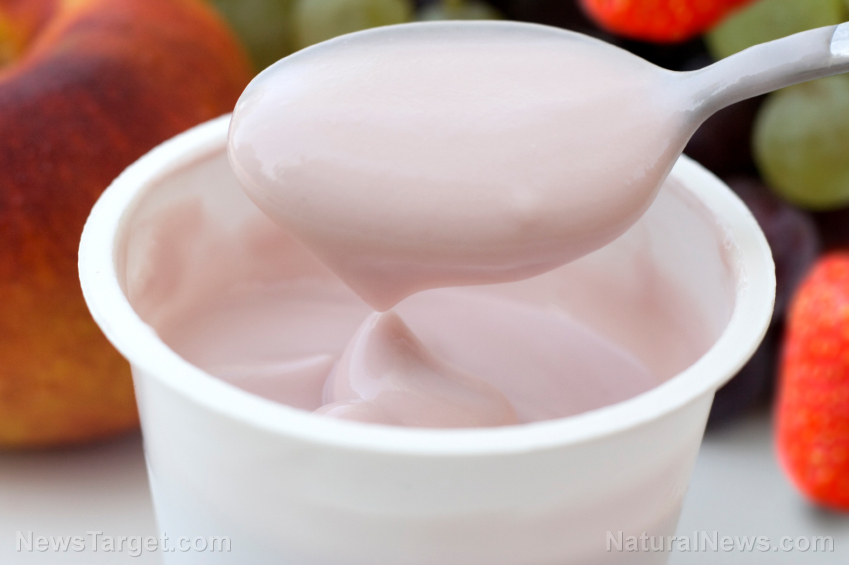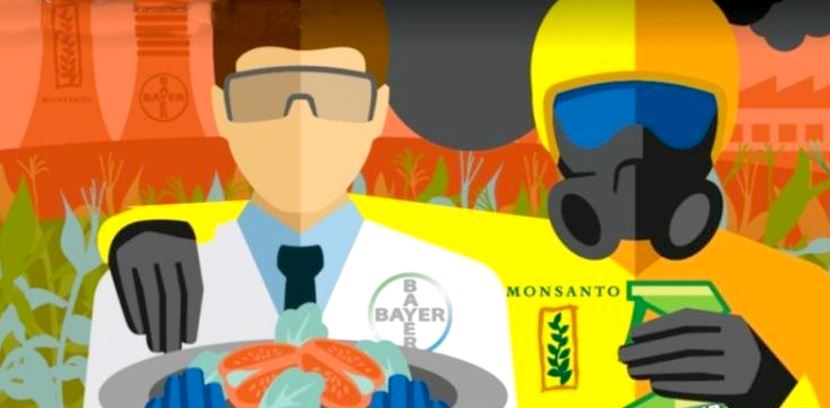Mental health issues are often the result of a nutritional deficiency; treating them with prescription drugs can further compromise your well-being
03/17/2018 / By Isabelle Z.

Are you or someone you know experiencing a mental health issue? With one out of every four Americans expected to experience a mental health condition during their lifetime, there is a good chance your life will be touched by mental illness. Why are so many people experiencing serious mental problems these days?
According to Professor Julia Rucklidge of the University of Canterbury, New Zealand, poor modern diets could be playing a surprisingly big role in the epidemic. In her research, she has uncovered a number of longitudinal and association studies illustrating the significant impact that diet can have on mental health.
One of the studies she cites is the SUN Project study, which is one of the biggest studies so far to explore the connection between depression and food. The study followed 12,000 participants over the course of six years. None had depression at the start of the study; 657 people had the condition by the study’s close. That study concluded that depression was related to the intake of trans unsaturated fatty acids.
Trans fats have been getting a lot of negative press lately because of their serious adverse health effects. Created when hydrogen is added to liquid vegetable oils to solidify them, it’s used in lots of fast foods and other processed foods. These fats have been everywhere you look in Western grocery stores in recent years, from baked goods and cookies to margarine, donuts, crackers and frozen pizza.
The substances are dangerous for human health in many ways, causing inflammation, obesity, insulin resistance, irrational behavior, and aggression. Dr. Beatrice Golumb, the lead author of a study that linked trans fats to poor memory function in men younger than 45, said: “As I tell patients, while trans fats increase the shelf life of foods, they reduce the shelf life of people.”
An FDA ban on trans fats finally takes effect this year, but the damage to countless Americans has already been done. While natural fats like omega 3 essential fatty acids are actually good for brain health, trans fats destroy brain cells, impact hormone production, and increase inflammation in the brain. They also reduce serotonin production, which is why they cause depression and memory problems.
Antidepressants often do more harm than good
Antidepressants are so commonplace these days that lots of people take them without giving the matter a second thought. While the drug companies sit back and rake in the profits, however, those taking these medications are suffering. Some of the most common side effects reported in a New Zealand study included sexual problems, a feeling of emotional numbness, apathy, and suicidal thoughts.
It’s the latter that’s the scariest side effect of all, with one study showing that antidepressants double a person’s likelihood of becoming violent and suicidal. The effect is particularly dramatic in young people, prompting the FDA to order all antidepressants to carry a “black box warning” informing people of the increased suicidal symptoms risk. With more than ten percent of Americans taking these drugs, it’s not surprising that we’re seeing so many incidents of mass violence like school shootings.
The physical side effects of antidepressants are also serious. They increase your risk of heart disease, breast cancer, and Type 2 diabetes, to name just a few.
The good news is that there are lots of safe ways you can feel better. Everyone’s experience with depression will be different and not all methods work for all cases, but some people have found success with yoga, meditation, regular exercise, and a clean diet heavy in superfoods. Given the connection between trans fats and depression, however, cutting out foods that contain these toxic ingredients should be everyone’s top priority.
Sources for this article include:
Tagged Under: Antidepressants, antidepressants and suicide, depression, depression causes, mental health, Mental illness, mind body science, natural remedies, nutrition, trans fats




















